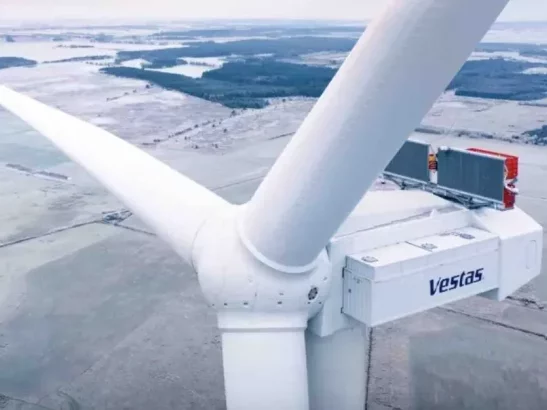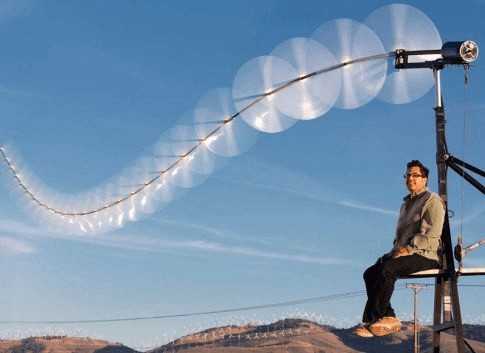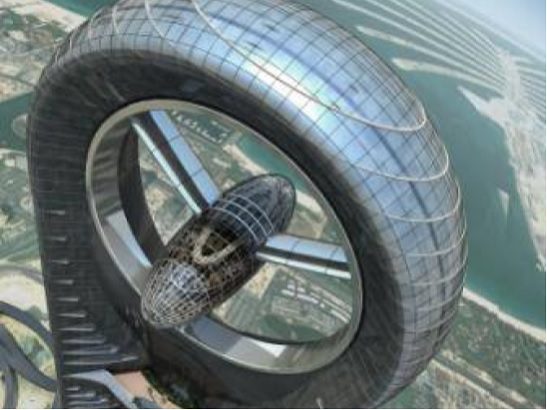After the Fukushima nuclear disaster, rejection of nuclear power has become a cross-party consensus in Germany. That is most unusual compared to other European countries: Most EU countries running nuclear power plants are still convinced- with varying degrees of conviction- of the technology, despite Fukushima. Some countries are planning to phase out nuclear reactors over the next 20 years while others are said to be planning the construction of new reactors – purportedly as a measure of protecting the climate or of guaranteeing energy supply. Where does the EC stand in relation to nuclear power? Would it not be useful to have a clear directive to member states as to where their energies should lie in the future? Or will some countries, like the UK, claim that is meddling in their internal affairs- especially when they are planning to frack shale gas all over their country and build new nuclear power stations.
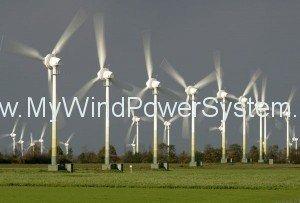
Post Fukushima Germany took a swift and near-unanimous and speedy decision to abandon nuclear energy and embrace renewable energy as part of its so-called Energiewende (energy transition). Germany’s 16 federal states reacted with a sort of born-again Paul-on-the-road-to Damascus zeal. The north-eastern state of Brandenburg plans to set aside 2 percent of its land for wind farms. The western state of Rhineland-Palatinate intends to more than double the amount of wind power it generates. North Rhine-Westphalia, its neighbour to the north, is planning an increase of more than 300 per cent. Germany aims to increase its production of wind power from 31,000 to 45,000 megawatts over the next seven years. By the middle of the century, it hopes to be generating 85,000 megawatts in wind power. What a vision!
Not everyone in Germany is happy with this state of affairs. Pressure groups claim that with the prime coastal locations already taken, operators are increasingly turning their attention to areas further inland. Tourist regions — such as the Moselle valley, the Allgäu and the foothills of the Alps — are to be ” sacrificed”. Sites have even been earmarked by Lake Constance and near Starnberg, where the Bavarian King Ludwig II drowned. Well, that’s as may be but would you rather have a nuclear reactor on site instead?
Christian von Hirschhausen, director of research with the German Institute for Economic Research (DIW) in Berlin, said, that in general, it’s no longer possible to run nuclear power plants profitably without public subsidies – especially seeing that companies tend to transfer consequential costs and the risk of radiation on the population and therefore on state funds.
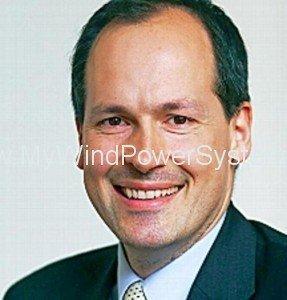
He said
“Conventional cost calculations for nuclear energy usually neither include dismantling costs nor the costs for final disposal of atomic waste – not to mention the enormous cost that arises when big accidents like Fukushima or Chernobyl happen.”
Von Hirschhausen and others therefore believe public subsidies for nuclear reactors distort competition between the various energy sources and they would have a damaging effect. Perhaps other EC countries would be well advised to listen to this advice and perhaps the EC should take more of a lead.

